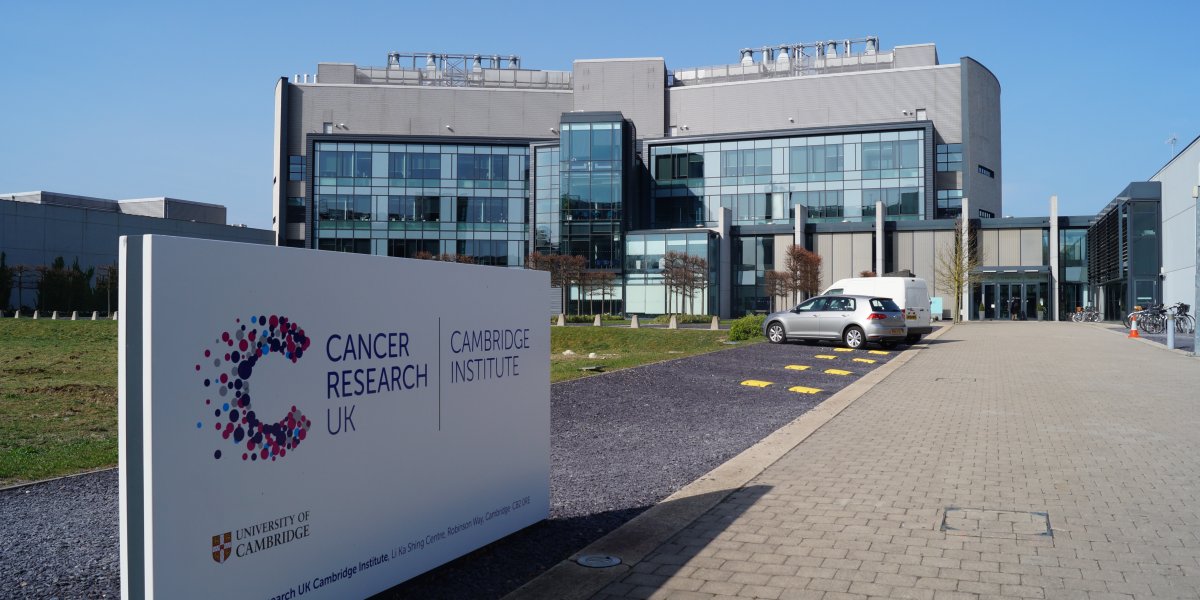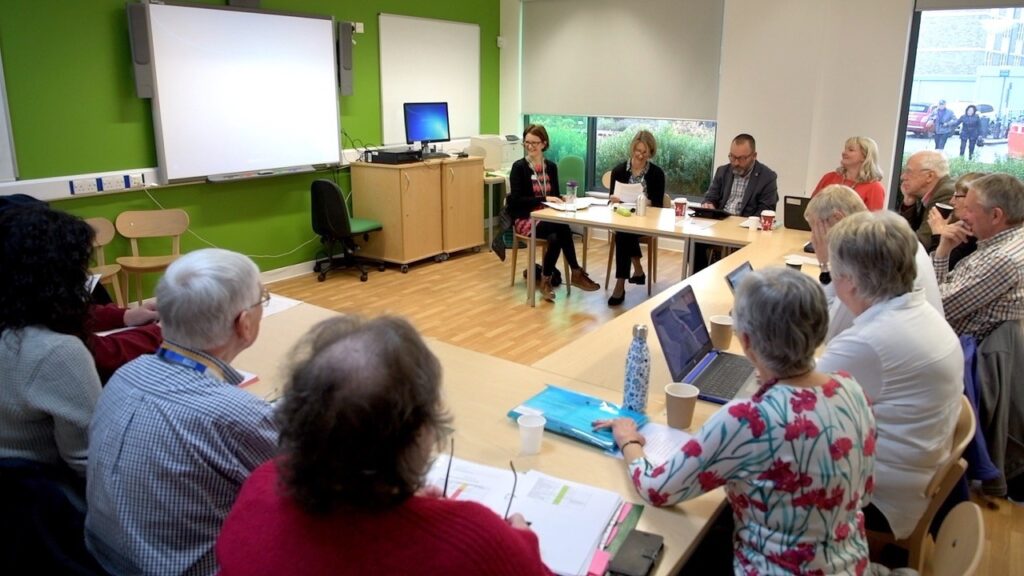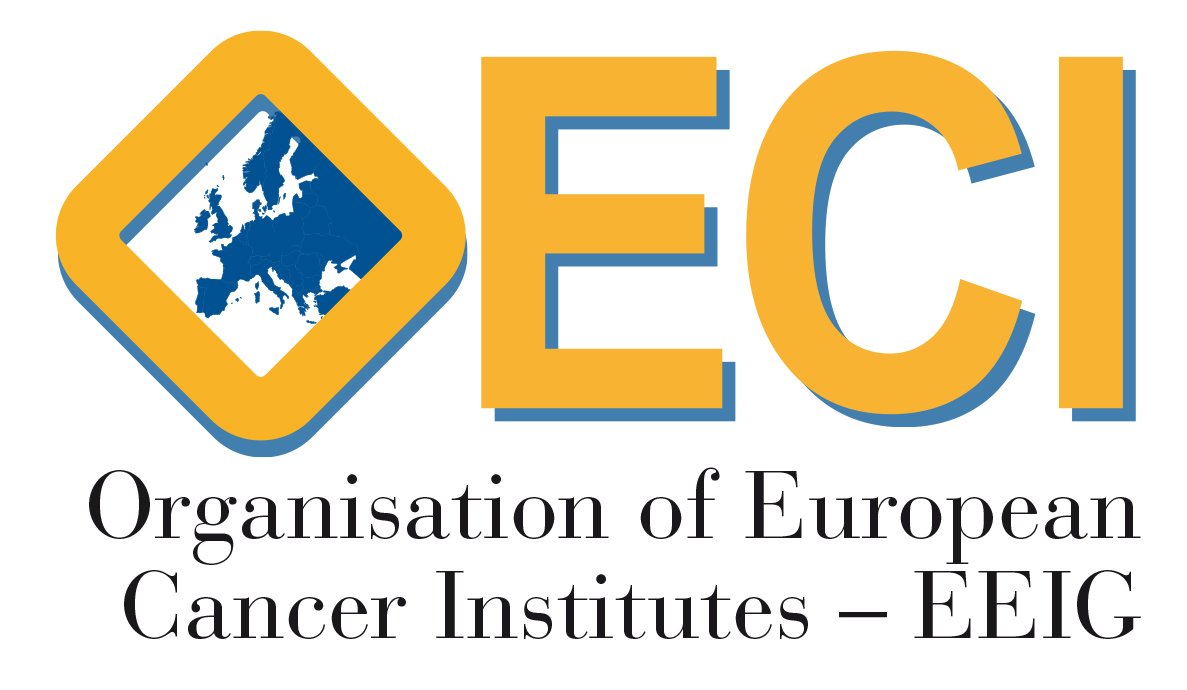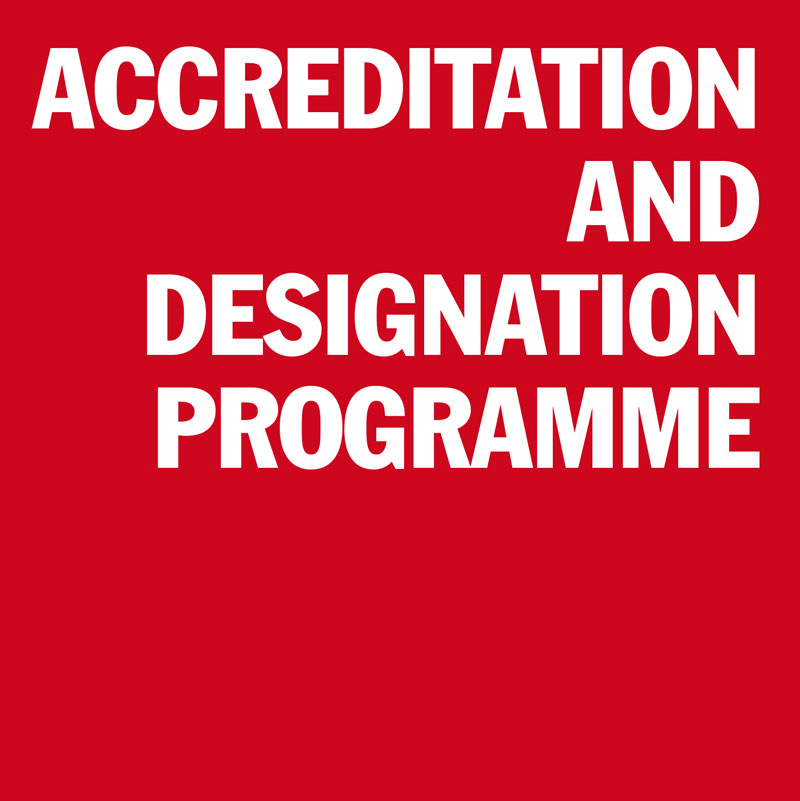Excellent Practices
The Cancer Patient Partnership Group
Practice Category: Patients
Centre: Cancer Research UK Cambridge Centre

Lenja Bell
lenja.bell@addenbrookes.nhs.uk

Challenge which the practice addresses
Cancer Services within the CRUK Cambridge Centre aim to continuously improve the cancer patient experience, from introducing new service developments to changing how care is delivered. It recognises that the best way to achieve this is through patient involvement and co-production. The challenge is the commitment and time required by staff and patient volunteers to do this effectively. An understanding of the importance of patient involvement at all levels, from engaging and consulting patients to involving them in strategic decision making, is essential. A shift in culture is required to have patients and staff working together as equal partners.
Solution
Cambridge University Hospitals within the CRUK Cambridge Centre has committed resource to grow and develop a Cancer Patient Partnership Group (CPPG). The aim is to embed patient involvement and co production into service development and improvement, and share best practice across the hospital and the region. The CPPG, with hospital staff, have worked to:
1) Recruit patient volunteers;
2) Develop a sustainable and strong working model for the CPPG;
3) Embed co-production as a concept of service development and improvement, including a patient voice at the strategic board level and a co-production video to raise staff awareness;
4) Initiate and contribute to service improvement and development projects.
A Co-Production Lead role was developed by the CPPG and Lead Cancer Nurse. The CPPG restructured into a two-tier membership to attract more volunteers. The CPPG now has a Committee of 15-20 patients who steer its work, and 30+ patient volunteers who get involved in project work.
Impact
Impact is measured through patient involvement in service improvement and development. Examples:
- Patient Information: Inclusion of patient voices in design and review of all patient-related information.
- Patient Communication:
- ‘Please write to me’ initiative to encourage clinicians to write understandable clinic letters directly to patients and copy GPs;
- Introduction of patient buddy schemes;
- Initiative to ask patients what name they prefer to be called by;
- Creation of a guidance document for clinicians on communicating with patients regarding changes to treatment during the COVID-19 pandemic.
- Environment and Patient Flow: Involvement in the redesign of the Oncology Outpatients department and the design of the new Cambridge Cancer Research Hospital, at strategic and operational levels.
- Patient Feedback: Co-production of a Patient Reported Experience Measures (PREMs) survey for prostate cancer and a COVID survey to capture patients’ views on changes to services as a result of COVID.
As the concept of co-production and its benefits embed, staff more actively seek and value the patient voice. They understand that patients are best placed to help improve the patient experience. Thus the CPPG is frequently called upon for involvement. The Group also works closely with other services within CUH and the local community to share its learning around co-production.
Critical success factors
The CPPG is a model for strong patient involvement and co-production. Its success is based on:
- A strong, active Committee of 15-20 patients who steer the group’s work. Members are engaged with and excited by the projects they are involved with. Everyone contributes and promotes coproduction.
- Consistent, growing support from senior leadership within Cancer Services and the hospital, including regular contact with the Lead Cancer Nurse and a six-weekly meeting with the Cancer Services Operations Manager.
- Active participation in the hospital Cancer Board.
- A professional approach to communicating and working with patients and staff to ensure that coproduction is seen as positive and beneficial to service design and improvement.
- Promotion of the group’s work, both internally and externally, to recruit new members and raise staff awareness.
- Flexible group membership to suit volunteers’ lives.
- Regular communication with volunteers to keep them engaged.
- Funding a Co-Production Lead.
Next steps
Next steps include:
- Oversee the Patient Advisory Group for the new Cambridge Cancer Research Hospital to ensure patient involvement in all aspects of its design and development;
- Complete and act on its Prostate Cancer PREMS work to ensure a patient-centred service;
- Analyse and share the results of its COVID Cancer Survey to ensure that any permanent changes to services meet patients’ needs;
- Promote its ‘Please write to me’ initiative via a hospitalwide campaign using case studies and template letters;
- Provide guidance and feedback on patient information; including the development of a Patient Information Strategy;
- Promote its work internally and externally to showcase coproduction and patient involvement.



